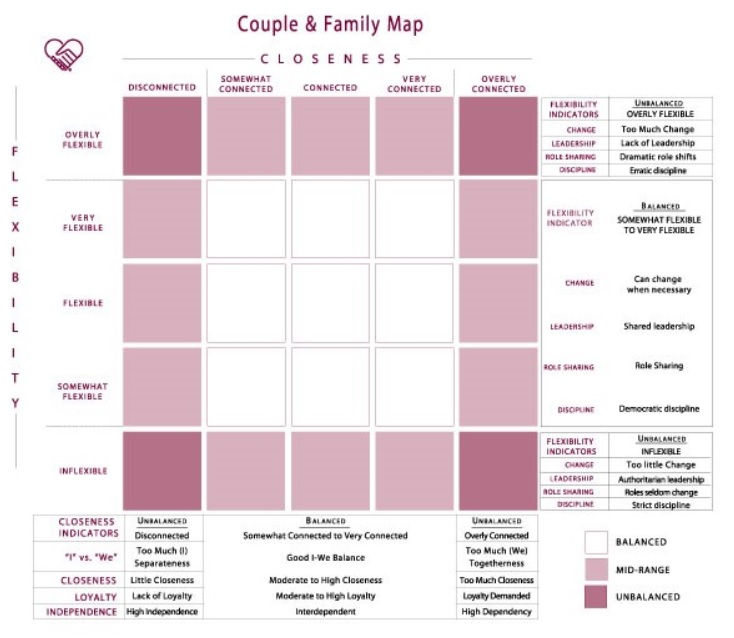Introduction to Imago Relationship Therapy
- rogerlinpsyd
- Apr 17, 2025
- 3 min read
Updated: May 23, 2025
The Imago Relationship Therapy approach, developed by Harville Hendrix and Helen LaKelly Hunt, is a form of couples therapy that emphasizes the role of childhood experiences in shaping adult relationships. The core tenets of the Imago approach focus on understanding unconscious dynamics that influence relationship behavior and creating deeper empathy and connection between partners.
Here are the core tenets and practical applications of Imago therapy in counseling:
1. Unconscious Influences of Childhood
Principle: People unconsciously seek partners who reflect the positive and negative traits of their caregivers or early childhood experiences. This unconscious drive often creates conflict, as individuals try to resolve childhood wounds through their adult relationships.
Application: In therapy, couples are encouraged to explore their early childhood experiences and how those shaped their expectations and behaviors in relationships. What were the positive and negative traits of your parents? This helps partners understand the roots of their conflicts.
2. Imago (Image) of the Caregiver
Principle: Each individual carries an “Imago” or internalized image of their primary caregivers. The Imago influences how individuals perceive their partners, sometimes leading them to project past emotional wounds or unmet needs onto them.
Application: What were the unmet needs that your parents projected onto you? The therapist helps partners recognize when they are reacting to each other based on past experiences rather than the present moment. This awareness allows them to engage more mindfully and compassionately.
3. Mirroring
Principle: Partners mirror each other's thoughts and feelings to promote understanding and empathy. This helps break down barriers of defensiveness and promotes clearer communication.
Application: In Imago therapy, couples often engage in structured exercises where one partner speaks, and the other mirrors back what was said, without judgment or advice. This technique helps both partners feel heard and understood.
4. Validation
Principle: Validation involves acknowledging the other person's feelings, perspectives, and experiences as legitimate. It does not mean agreeing with them, but recognizing their emotional reality.
Application: Therapists guide couples to practice validating each other's emotions. For example, one partner might say, “I can understand why you would feel hurt by what I said,” even if they don’t agree with the content of the concern.
5. Empathy
Principle: Empathy is the ability to deeply understand and share the feelings of the other person, fostering emotional connection.
Application: Couples are taught to actively listen with empathy and to put themselves in their partner's emotional shoes. This often involves exercises where partners reflect on each other’s experiences and feelings.
6. Couple's Dialogue
Core Tenet: The couple's dialogue is a structured conversation technique in which partners take turns sharing their feelings, needs, and desires while the other listens and mirrors. This approach promotes healthy communication and minimizes misunderstandings.
Practical Application: During therapy, the therapist facilitates dialogues in which partners are encouraged to express themselves honestly and safely, without interrupting or criticizing.
7. Growth and Healing through the Relationship
Principle: Imago therapy holds that relationships can be a source of personal growth and healing. The partnership becomes a “safe space” for each individual to confront and heal from past wounds.
Application: Couples are encouraged to view conflicts as opportunities for personal and relational growth rather than threats. They work together to heal each other’s emotional wounds and strengthen their bond.
8. The "Healing Power of Relationship"
Principle: The Imago approach believes that relationships can be transformative by providing opportunities for healing. As partners work through their challenges, they can meet each other’s unmet childhood needs and offer each other the love and support they missed growing up.
Application: In practice, couples may engage in exercises that promote healing, such as the "intentional dialogue," where one partner offers nurturing words to the other, addressing unmet childhood needs.
9. Conscious Love
Principle: Imago therapy emphasizes conscious, intentional love and relationship-building. Partners are encouraged to actively choose to love each other rather than passively relying on feelings or expectations.
Application: Couples are trained to use conscious love strategies, like recognizing when they are triggered and choosing to respond in a calm, thoughtful way rather than reacting impulsively.
Imago therapy encourages couples to move beyond surface-level conflict and to engage in deeper, more meaningful connection by understanding how their past shapes their present dynamics. The key interventions—such as mirroring, validation, empathy, and structured dialogues—provide couples with tools to communicate more effectively, resolve conflicts, and grow together. Through these techniques, couples learn to see each other as allies in healing and transformation, rather than adversaries.

Comments